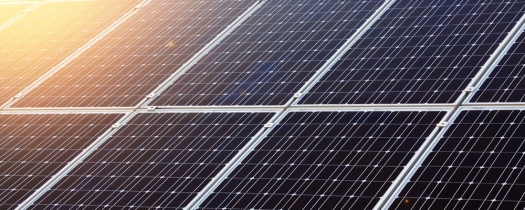Benefits Of Solar Panels Gov

Solar energy systems power plants do not produce air pollution water pollution or greenhouse gases.
Benefits of solar panels gov. This is equivalent to 2 0 2 2 cents per kilowatt hour of solar installed kwh solar. The tremendous growth in the u s. Solar energy systems on buildings have minimal effects on the environment. In addition solar can provide several benefits to agricultural land managers that may offset capital costs of installing solar.
Gives you freedom and control over electricity. You may save on your current utility bill. Five reasons to install home solar panels. Investing in solar energy will not only save you month to month on your electric bill but it could also increase the property value of your home.
Solar can be installed with zero upfront capital cost through leasing. Solar can be installed on marginal agriculture lands and provide a different source of revenue for the farm. However some toxic materials and chemicals are used to make the photovoltaic pv cells that convert sunlight into electricity. Through a portfolio of r d efforts the energy department remains committed to leveraging america s abundant solar energy resources driving research manufacturing and market solutions to.
Solar panels are viewed as upgrades like a renovated kitchen or a finished basement so. It reduces reliance on oil coal and natural gas for. They can then sell that excess energy to the utility. Over the past few years the cost of a solar energy system has dropped significantly helping to give more american families and business access to affordable clean energy.
Solar industry is helping to pave the way to a cleaner more sustainable energy future. A study by the national bureau of economic research found that in california pv systems added a 20 194 premium to the sales price of homes. Benefits of renewable energy environmental and economic benefits of using renewable energy include. Solar energy systems do not produce air pollutants or carbon dioxide.
Solar energy has benefits and some limitations using solar energy has two main benefits. Benefits of residential solar electricity cost savings. Electricity demand met by solar in 2030 and 27 in 2050 could reduce cumulative power sector ghg emissions by 10 between 2015 and 2050 resulting in savings of 238 252 billion. Achieving the sunshot level solar deployment targets 14 of u s.
Many states require utilities to offer net metering which allows homeowners to offset their electric costs with the energy their solar panels produce. Using solar energy can have a positive indirect effect on the environment when solar energy replaces or reduces the use of other energy sources that have larger effects on the environment. Financial returns and lower monthly utility bills are major incentives for going solar. Generating energy that produces no greenhouse gas emissions from fossil fuels and reduces some types of air pollution diversifying energy supply and reducing dependence on imported fuels.















































